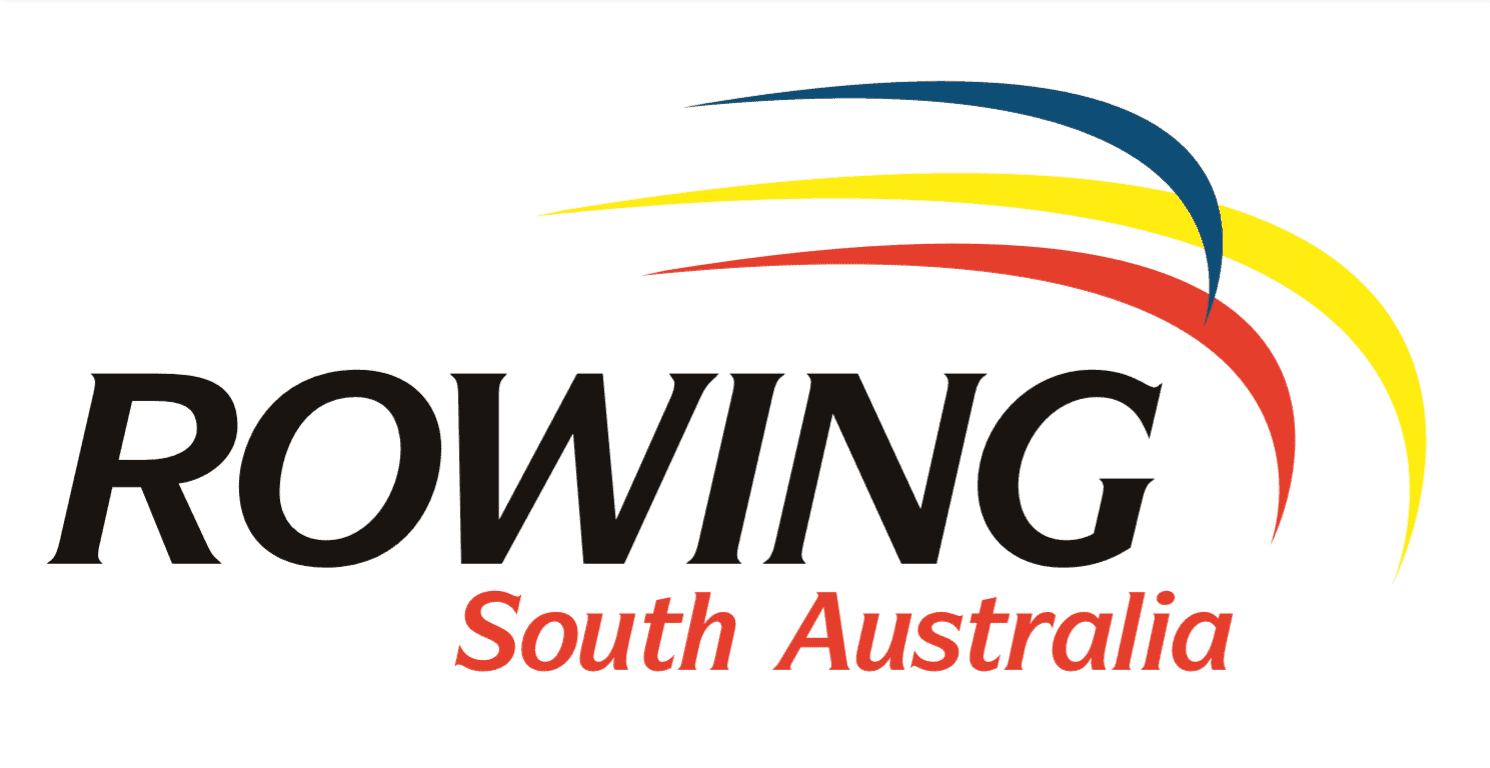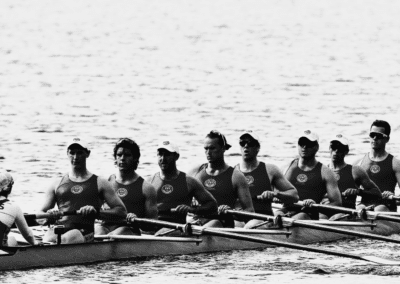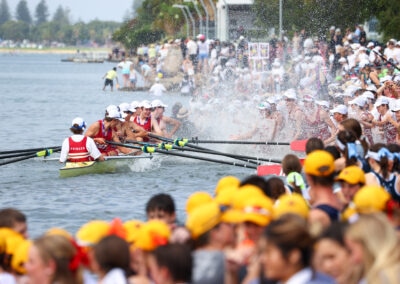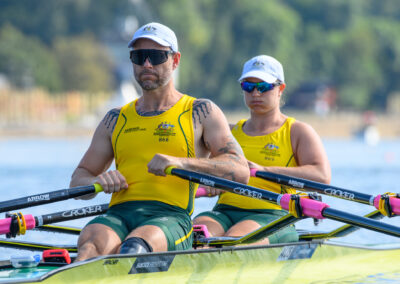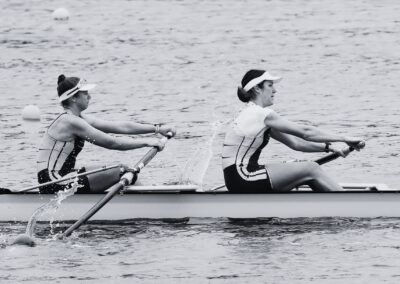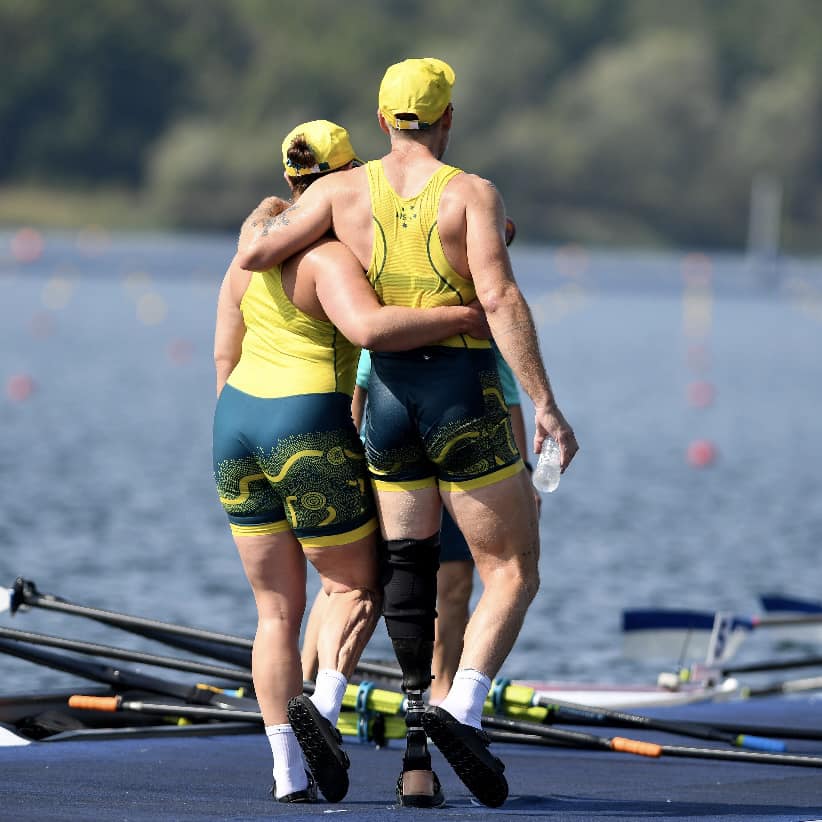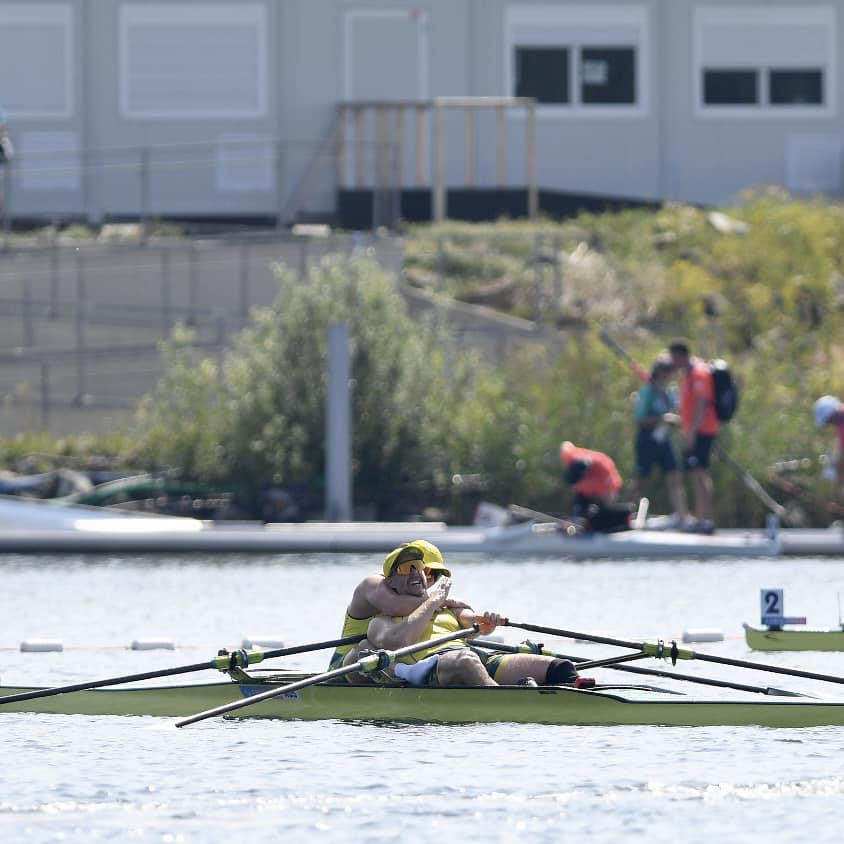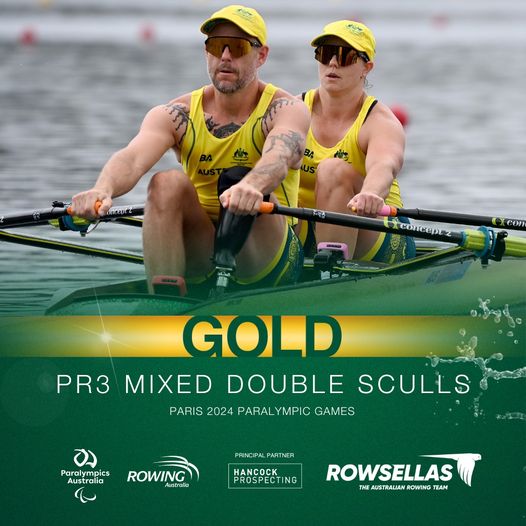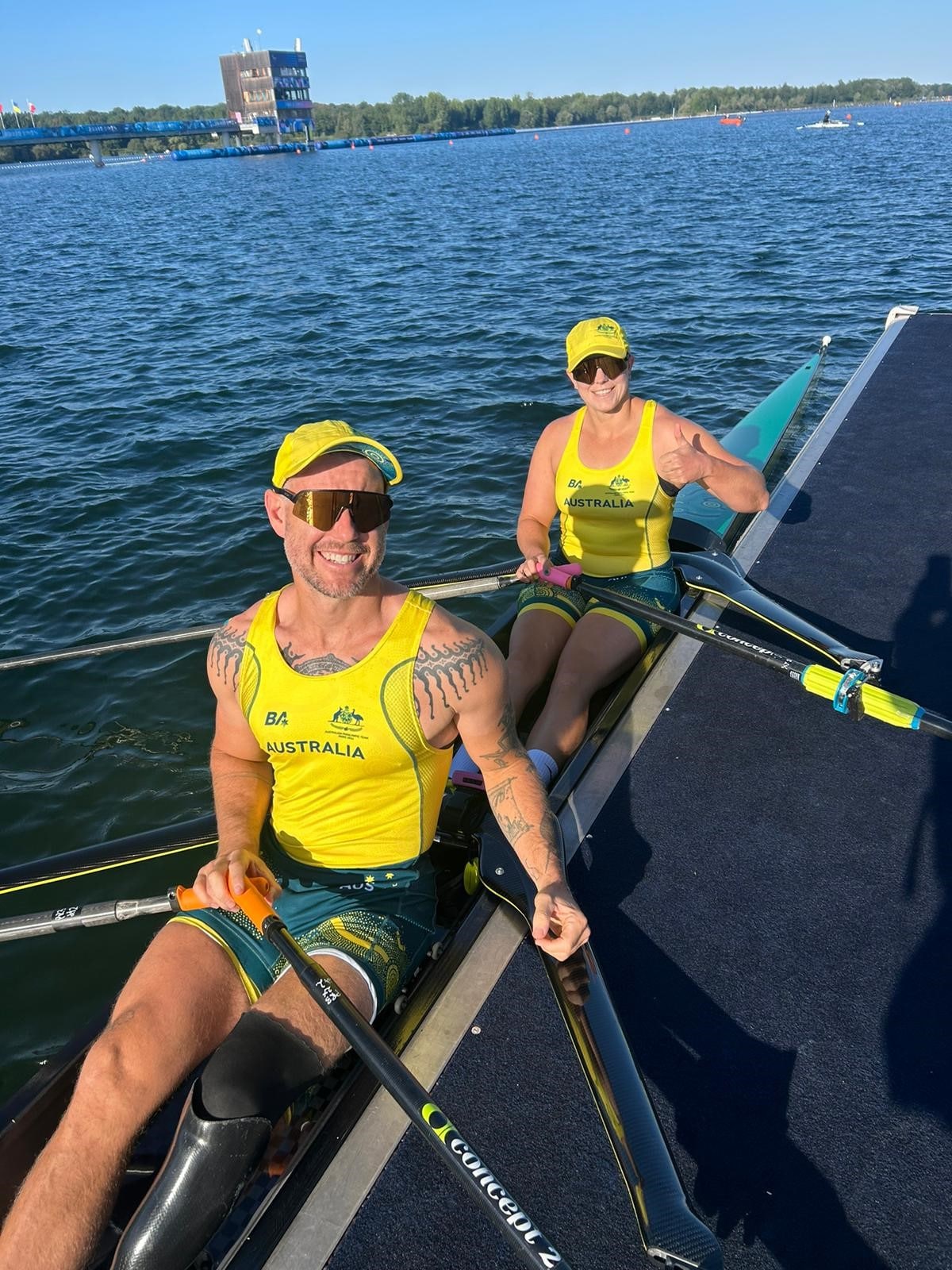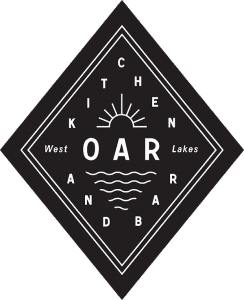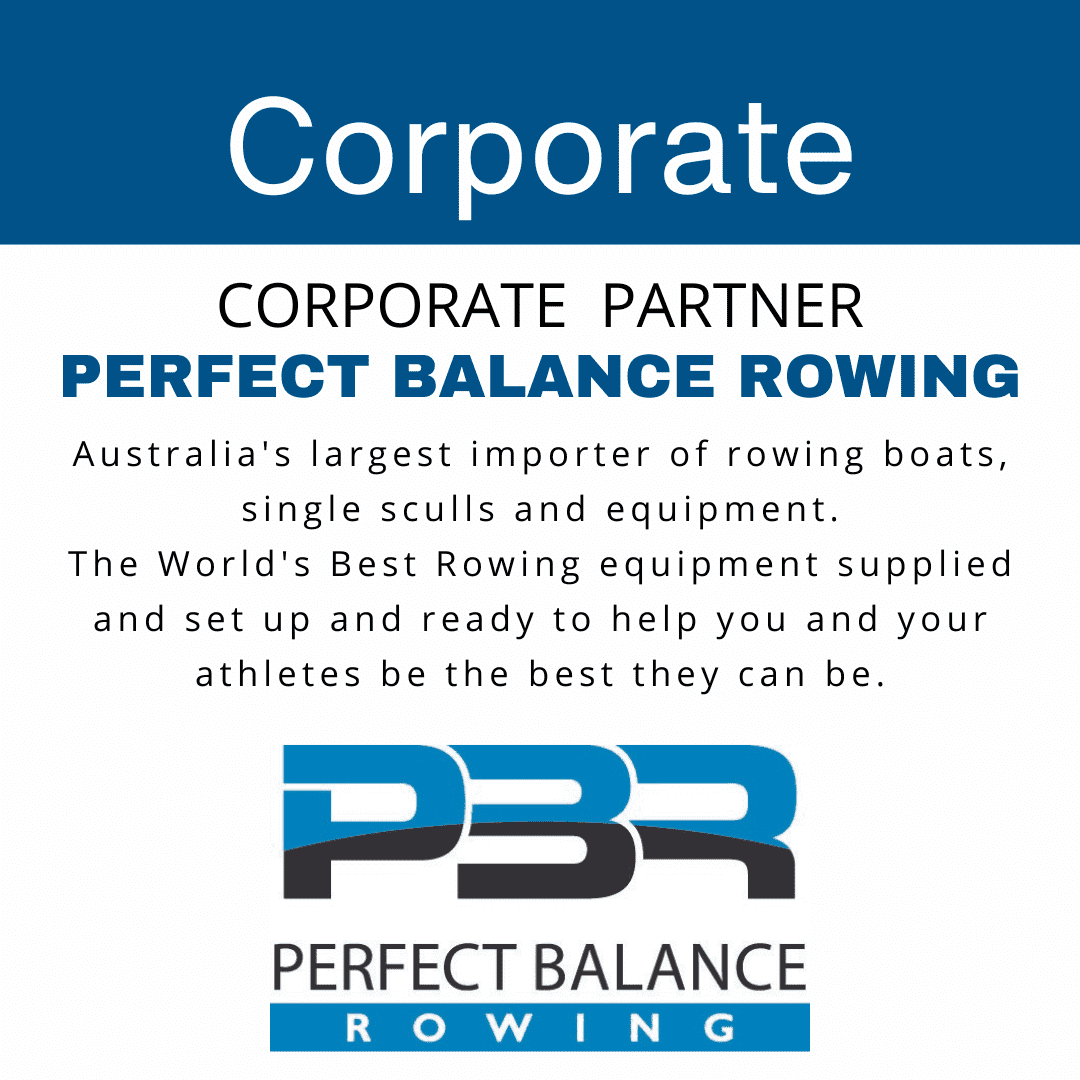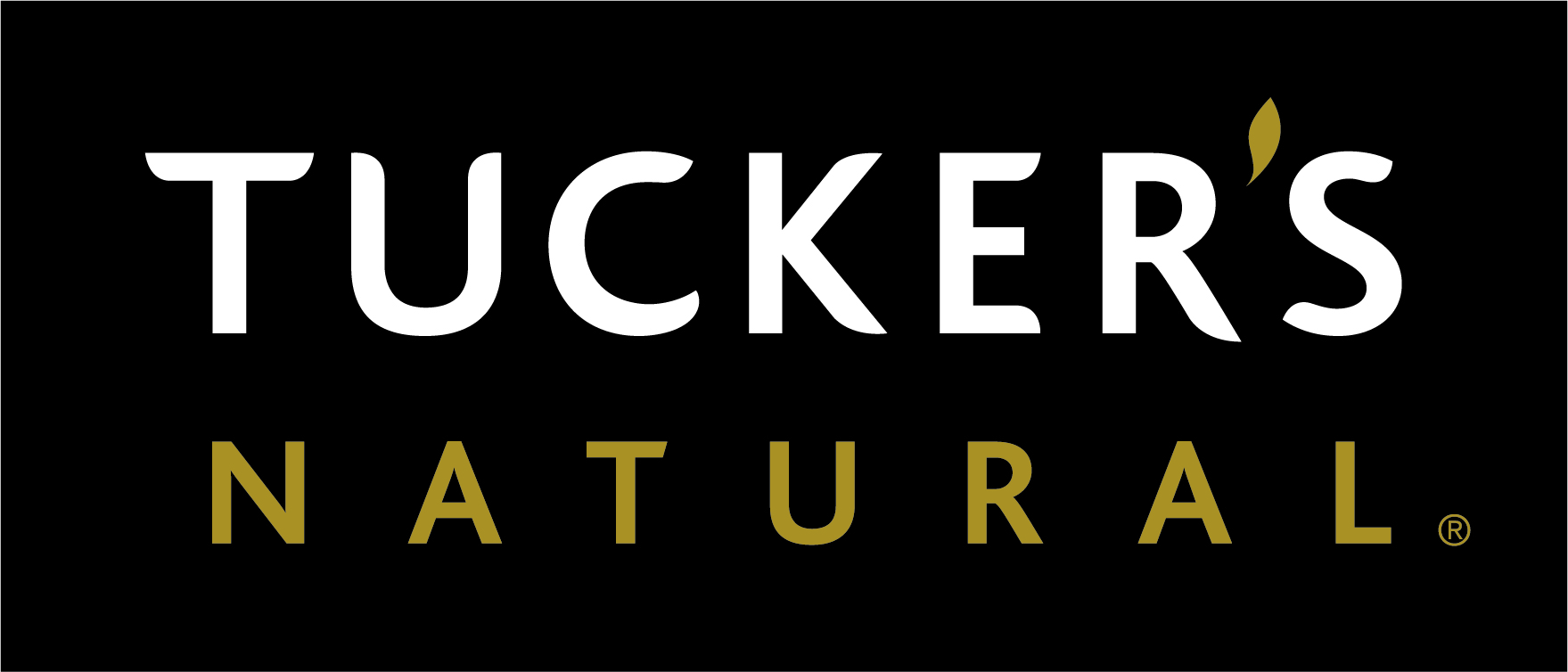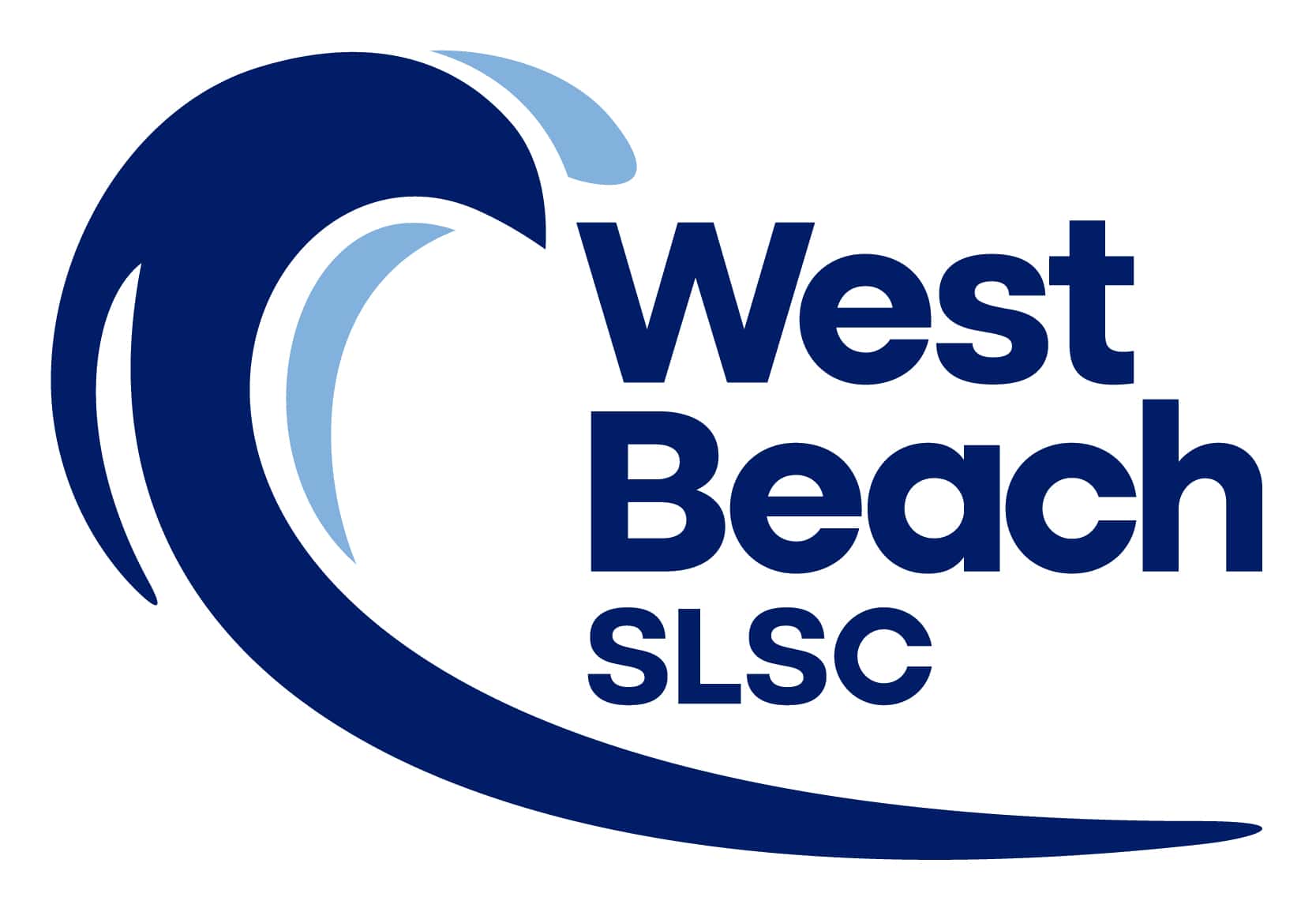About Us
Rowing is one of Australia’s oldest and most successful sports, recognised as much for its tradition and appeal to athletes of all ages as for its fantastic health benefits. Rowing is often referred to as the ultimate team sport due to the dependence on timing and synchronisation. athletes learn resilience, accountability & communication as they work together in pursuit of a common goal, and time management & organisation skills as they maximise training time and create routines to support their goals.
Rowing rewards hard work, effort, and perseverance which in turn builds self-esteem & confidence as athletes see their improvement in their technical proficiency and the data produced by their training efforts and racing results.
Rowing values holistic health and teaches the importance of recovery and nutrition alongside physical fitness and strength. rowers develop lifelong fitness habits and familiarity and comfort on the water and in gym settings.
Rowing is a team sport and gives opportunities for individuals in a non-contact & low impact sport. Low impact meaning the risk of injury is low and it is suitable for all athletes, and particularly those prone to injury. For this reason, rowing is truly a sport for life with some participants still rowing into their 90s. Often referred to as the ultimate team sport due to the dependence on timing and synchronisation. athletes learn resilience, accountability, and communication as they work together in pursuit of a common goal, and time management and organisation skills as they maximise training time and create routines to support their goals.
Rowing is a part of Australia’s national sporting and cultural heritage, with international success dating back to 1867 when Edward “Ned” Trickett won Australia’s first ever sporting World Championship. Rowing continues to play an important part in Australia’s sporting culture, providing safe, fun and healthy opportunities for Australians of all ages and abilities to participate in a sport that provides unparalleled health benefits.
As an Olympic sport, the pathway for many Olympic rowers began in school programs throughout the country. In October 2023, the International Olympic Committee (IOC) and World Rowing announced the addition of Beach Sprint Rowing to the Olympic program for the 2028 Olympic Games. This inclusion of the emerging discipline marks a significant milestone in the history of rowing. The inclusion of Coastal Rowing at the 2028 Olympics presents an exciting opportunity to grow the nation’s elite Coastal Rowing program.
What's new?
2026 South Australian State Championships
We are delighted to be hosting the 2026 South Australian State Championships from the Friday 6th February to Sunday 8th February.
Live stream commencing at 830am each day!
Regatta Season 2025 - 2026
Rowing SA has a full regatta program with many events being run at West Lakes and in the Riverland and other regional areas. Please head to our regatta page by clicking on the button above to look at our calendar.
Our 2025 – 2026 Regatta Program is now available on Rowing Manager. You can download this to your phone in an ical version.

Algal Bloom Information
- What is an algal bloom?
- Have algal blooms like this happened before?
- Should you be worried about the algal bloom?
- Is it dangerous?
An algal bloom happens when tiny plant-like organisms in the water — called algae —grow very quickly and in large numbers. The algal bloom was first seen in mid-March 2025 near Waitpinga and Parsons beaches on the Fleurieu Peninsula.
The last time an algal bloom like this happened in South Australia was in Coffin Bay in 2014, and it lasted for about 4 months.
Algal blooms like this one are naturally occurring and usually end on their own when conditions change. There’s no way to “kill” or treat the bloom directly.
Algal blooms tend to break down when:
- water temperatures drop,
- wind and wave action increase, breaking up the algae, and
- nutrient levels reduce in the water.
Because this type of bloom is part of a natural cycle, human intervention doesn’t speed it up.
The best approach is monitoring, sharing accurate information, and letting nature take its course.
This bloom has had a serious impact on marine life and the industries that rely on it — especially fishing, aquaculture and tourism.
But for the average beachgoer, you’re not in danger if you follow public health advice to avoid entering discoloured and foamy waters as well not eating dead fish.
This is a natural phenomenon and being taken seriously.
Some algal blooms are harmless. However, Karenia blooms, like the one currently affecting South Australia, can be toxic to marine life, harming fish, shellfish, and other sea animals.
While this bloom has significantly impacted fishing, aquaculture, and tourism, the risk to the general public is low. You can stay safe by:
Avoiding discoloured or foamy water
Not touching or consuming dead fish
- Keep your pets away from foamy or discoloured water and don’t let them eat dead fish that have washed up on shore.
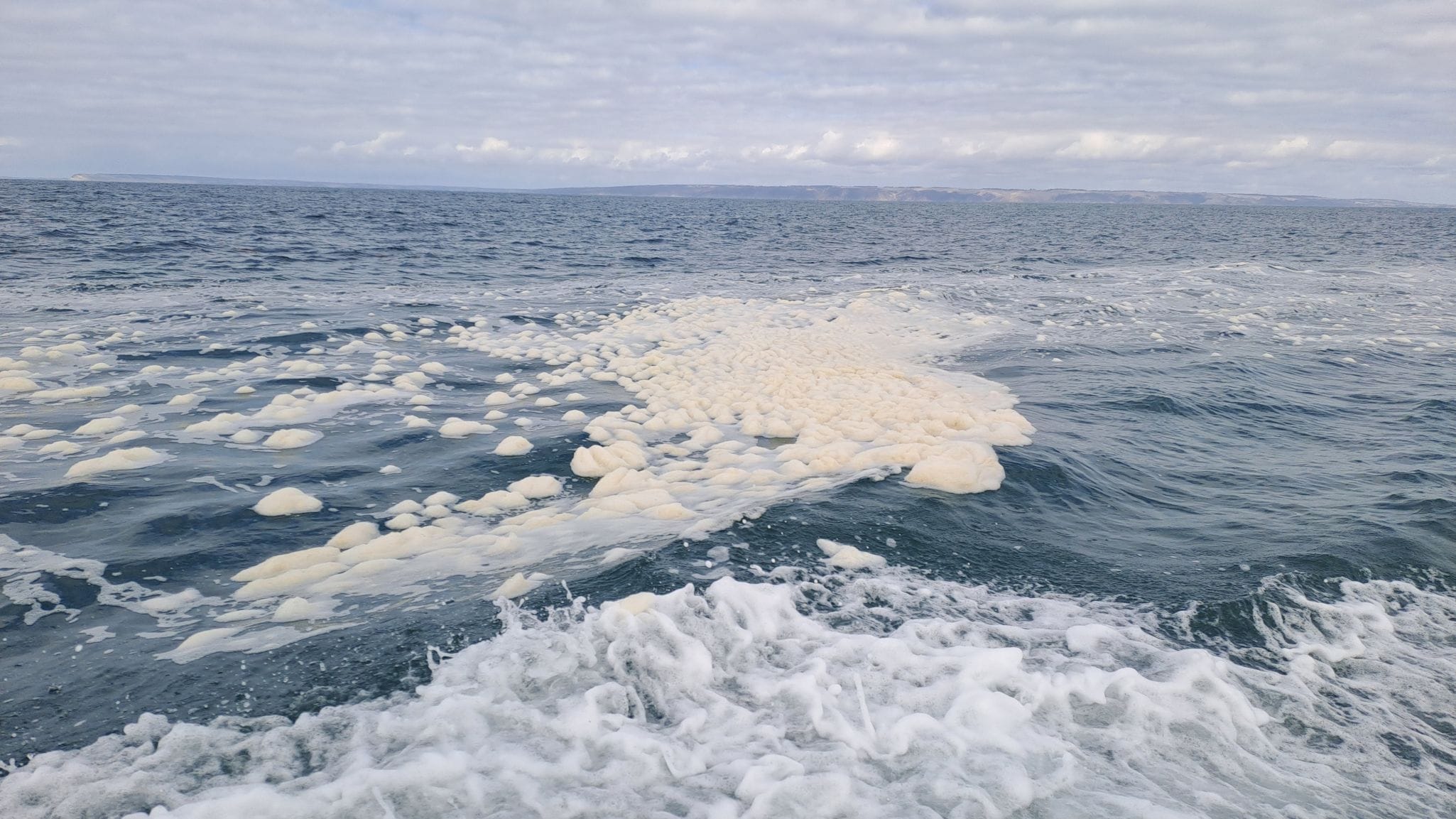
About the algal bloom
The following information is provided by the State Government. For the latest updates, news, and official guidance, please visit the State Government’s website at https://www.algalbloom.sa.gov.au/.
Keep up to date with the latest Rowing SA information by clicking the Circular’s button above.
2024 Paris Paralympics
Nikki Ayers (ACT) and Jed Altschwager (SA) made history by winning the PR3 Mixed Double Sculls event at Vaires-sur-Marne, claiming Australia’s first-ever Paralympic Gold medal in para-rowing.
Coached by Christine MacLaren, the double became the first crew to win gold in this event. We are beyond proud of this pair, as Paralympic champions. #ImagineWhatWeCanDo | #Australian Paralympic Team

OAR is located at our West Lakes Precint. They offer a modern and vibrant brunch and lunch experience in a relaxing, and picturesque lakeside location. Priding themselves in taking local, fresh ingredients and using them to create flavours from all around the globe.
Oar also takes advantage of fresh fruit and vegetables sourced directly from our farm in the Adelaide Hills. The menu has all the usual brunch suspects, however also hosts more interesting and fun dishes for people looking for something new.
OPENING HOURS
Monday – Friday 7:30am to 3:30pm
Friday – Sunday 7:30am to 4pm
(Kitchen Closes at 3pm)
Check the menu or book a table via the website.
Platinum Partners - NEW
Welcome to City Mazda
At City Mazda, we’re passionate about providing the Hindmarsh community with a great range of Mazda vehicles and after sales services. We believe in the quality and reliability of our entire range of New Mazda, Used Cars or Demo Mazda vehicles, and you will too.
The team at our Hindmarsh dealership is dedicated to providing exceptional service, and building lasting relationships with our customers that will continue for the years that follow your vehicle purchase. That’s why we’re here to help you every step of the way.
For more information about our Hindmarsh Mazda dealership, or the Mazda services we provide, please don’t hesitate to Contact a friendly team member at City Mazda today.

